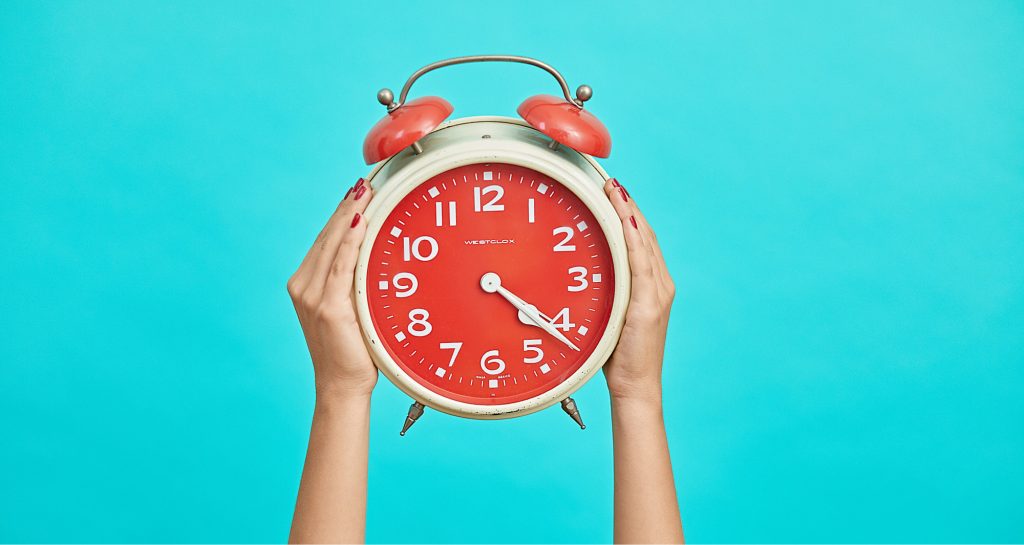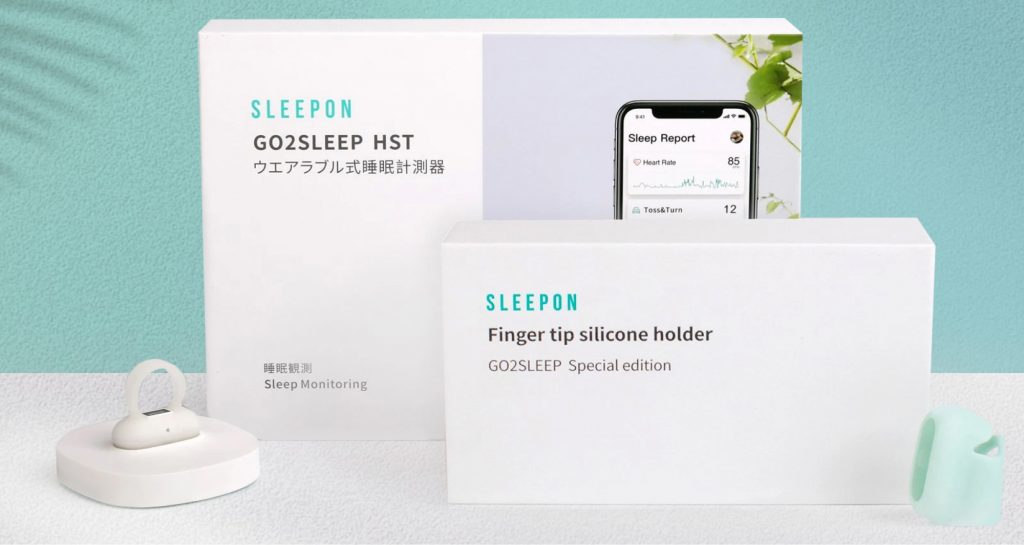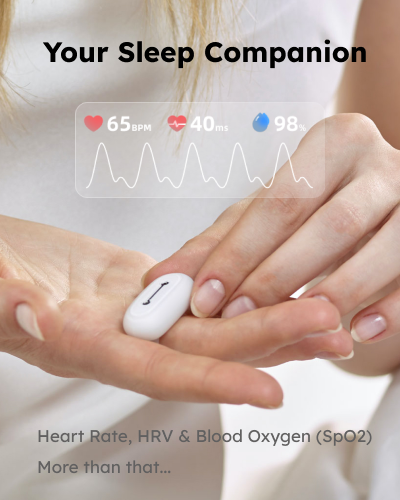10 Tips for Sleep Hygiene Checklist to Better Your Sleep
We all know a good night’s sleep is essential to our overall wellness. But sometimes you find it hard to fall asleep at night or you wake up several times during sleep; and you probably are familiar with insomnia, sleep apnea and their negative impact on our mental health and health in general.

Today, we’ll go over a sleep hygiene checklist for better sleep. You can mark them down and see how many things you have been doing correctly or incorrectly.
What is sleep hygiene?
Sleep hygiene refers to the habits we develop that affect how well we sleep. These include things like getting enough restorative sleep, avoiding caffeine after noon, and having a regular bedtime routine.
Why is sleep hygiene important to us?
Sleep and wellness go hand in hand, same with mental health. Around 40% of people have reported trouble sleeping during the pandemic, and loss of sleep was already a problem before the pandemic. To have better sleep, sleep hygiene can be key in achieving that goal.
Research has found that it takes 66 days on average to form a new habit, and sleep hygiene is habits based so it becomes vital to our quality sleep and our overall health.
Now, how to improve our sleep hygiene?
Here we included 10 tips for you sleep hygiene checklist.
10 Tips for Sleep Hygiene Checklist
1. Set an Alarm Clock.
For example, if you wake up at 5am every day, then go to bed at 11pm, you won’t be able to fall asleep until midnight. That means you’re going to stay awake until 2am, which isn’t conducive to sleeping.
To avoid this problem, set an alarm clock for the same time each night. You should also try to keep your bedroom dark and quiet. Light from outside sources can disrupt your circadian rhythm, making it harder to fall asleep.
2. Create a Bedtime Routine.
Try creating a bedtime routine that includes getting ready for bed, reading, relaxing, listening to music, take a bath, or winding down before going to sleep.
You might even consider using a white noise machine to drown out any noises outside your room.
However, avoid stimulating activities such as watching TV, playing video games, or surfing the internet before going to bed. According to UC Davis Health, the blue light from cellphones, tablets and computers signals our bodies to stay awake and not release melatonin.
Finally, try to go to bed at the same time every night.
3. Avoid Caffeine After Noon.
Avoid caffeine after noon because caffeine stimulates the nervous system and keeps us awake.
But if you drink coffee after noon, you may find yourself more tired during the evening. This is because caffeine has a diuretic effect, meaning it makes you urinate more often. So, if you drink coffee after lunch, try drinking it earlier in the day instead.
4. Don’t Stay up Late.
In addition to being bad for your body, staying up late can also affect your brain. Studies show that people who stay awake past midnight are at greater risk for developing Alzheimer’s disease later in life.
Therefore, just simply try to go to bed early. If you find yourself staying up late at night watching TV or surfing the internet, try turning off your devices before bedtime. Make sure you go to bed at a reasonable hour. Try not to fall asleep before 11pm.
5. Don’t nap too much during the day.
Sleep Society says don’t exceed 45 minutes of nap during the because it can lead to deep sleep and interfere with your normal body clock which will alternately cause you having a harder time to fall asleep at night.
6. Keep your bedroom cool.
Studies find that between 60 and 67 degrees Fahrenheit is the best for people to fall asleep at night. Don’t forget to make your bed and pillow comfortable as well.
7. Do some exercise.
Exercise overall can reduce your stress, boost your mood, and eventually help you sleep better at night. But just remember to finish the exercise hours before bedtime to give your body time to cool down.
8. Don’t drink too much alcohol.
Alcohol consumption could throw off your sleep patterns. UC Davis Health says: “alcohol can help you fall asleep, but not necessarily stay asleep or sleep well.”
9. Write a sleep diary.
Like you wrote a diary when you were little, write down your sleep routine for one to two weeks (bedtime, wake time, naps, caffeine use, etc.) or with the help of a sleep tracker. The information can help you or your health provider understand patterns or behaviors of your insomnia.
Or you can keep on doing it for two months to see if you’ll have any progress in sleep.
10. Track your sleep at night.
- Get a sleep tracker. Go2sleep could be a choice as your sleep tracker. It can track sleep data all night, provide comprehensive sleep report with accurate data. Besides, it is small and light. More importantly, it offers you the best value and Sleep Foundation named it the best value sleep tracker of 2022.

- Install a sleep tracker app in your IOS or Android systems. For the sake of sleep and wellness, some of you might be thinking to go to a sleep center to do a sleep study test, but the cost could be furiously high so to install a sleep tracker app on your phone could be a good option to avoid expensive sleep study test cost.
References
Improve your sleep hygiene to stop stressing about your zzz’s
Sleep Hygiene: 10 Sleep Hygiene Tips to Practice
ALL ARTICLES
Subscribe Us
403A, Building A2, Zhihui Park, Fuyong Street, Bao'an District, Shenzhen, Guangdong, China
Products
Company
Copyright © SLEEPON. All rights reserved.
SLEEPON keeps both Sleeponhealth and Sleepon.us due to the brand upgrading. We promise to provide the same products and service in both sites.








Leave a Reply